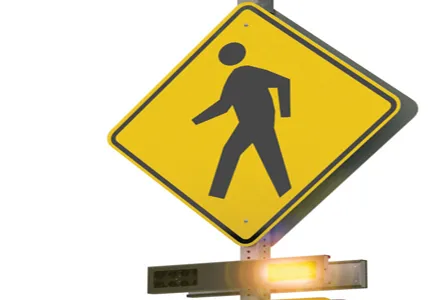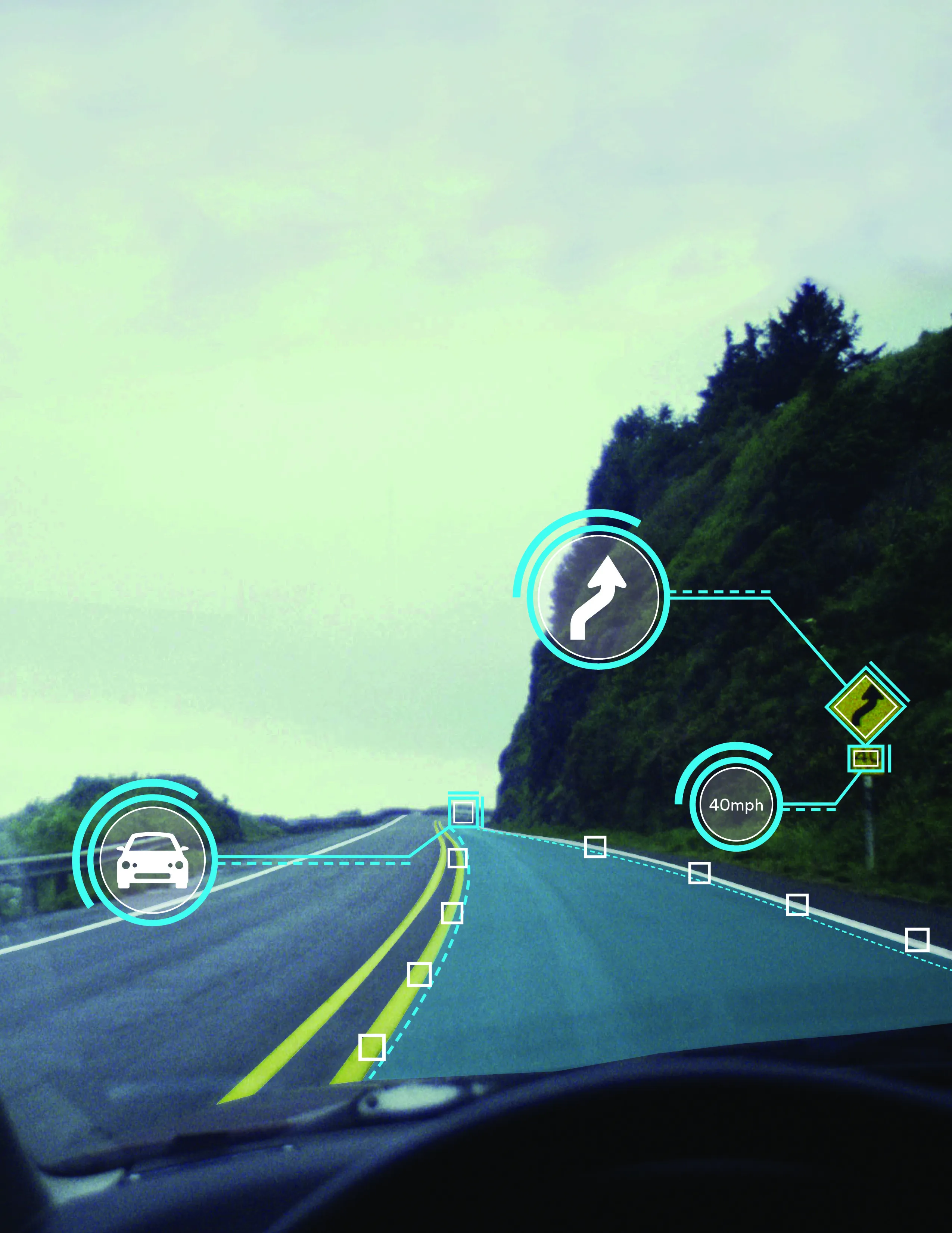Carmanah Technologies Corporation claims its new R920 Rectangular Rapid Flashing Beacon (RRFB) has features proven to significantly improve crosswalk safety. The pedestrian-activated system provides a high-intensity rapid flash pattern to alert vehicles approaching a crosswalk that pedestrians are present. The R920 RRFB Series adds to what Carmanah describes as its industry proven line of solar flashing beacons which have been successfully used by City, County, and DOT (Department of Transportation) Agencie
August 13, 2012
Read time: 2 mins

The pedestrian-activated system provides a high-intensity rapid flash pattern to alert vehicles approaching a crosswalk that pedestrians are present. The R920 RRFB Series adds to what Carmanah describes as its industry proven line of solar flashing beacons which have been successfully used by City, County, and DOT (Department of Transportation) Agencies in the US, Canada, and internationally for over a decade.
Traffic Engineers and Planners are said by Carmanah to have struggled with the ‘dilemma’ of crosswalk safety since a landmark study published by the
The FHWA has issued an interim approval of the R920 RRFB within the Manual of Uniform Traffic Control Devices (MUTCD), following an extensive study that monitored the effectiveness of the devices over a two-year period. Carmanah chief executive, Bruce Cousins, said the R920 RRFB had been designed with the company’s latest solar, LED, and wireless technology.
“Our goal is to deliver a product that can be installed for a fraction of the cost of a traditional AC powered system, which will enable cities and other traffic agencies to improve safety at significantly more crosswalks than previously possible,” said Cousions.
The R920 RRFB was due to be showcased at the IMSA (International Municipal Signal Association) Annual Conference, July 28-31 in Orlando, Florida.








